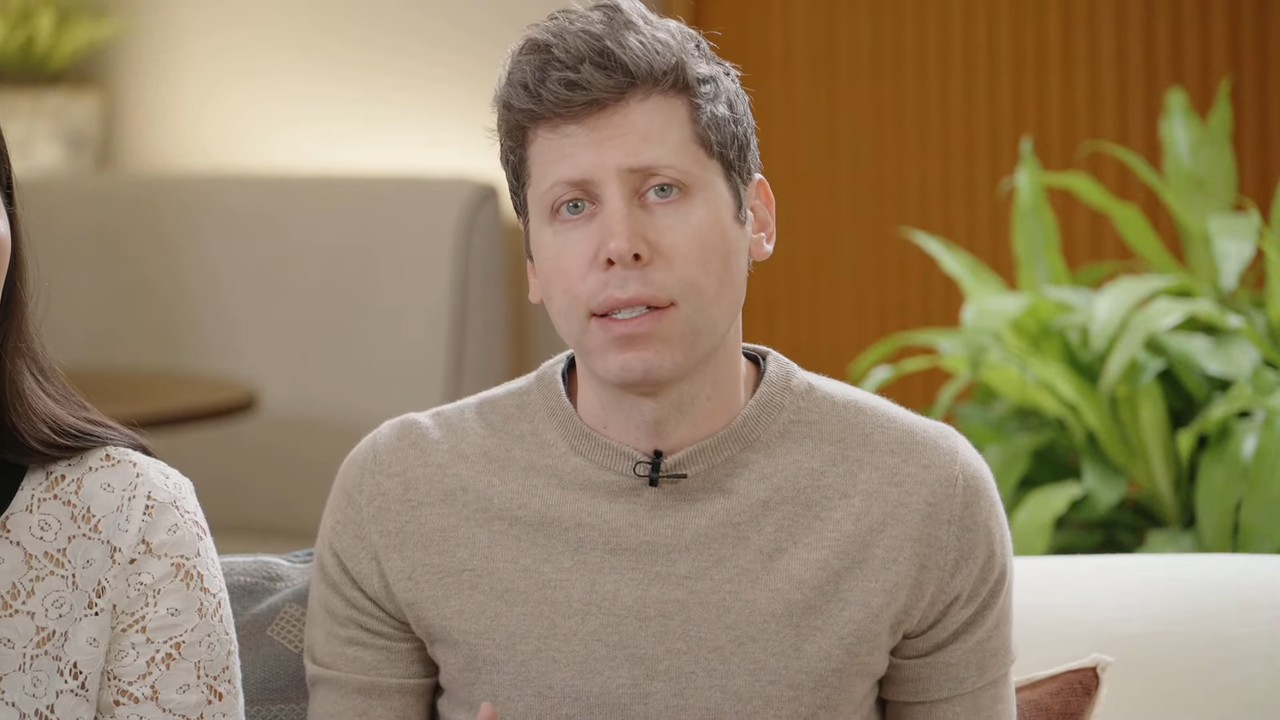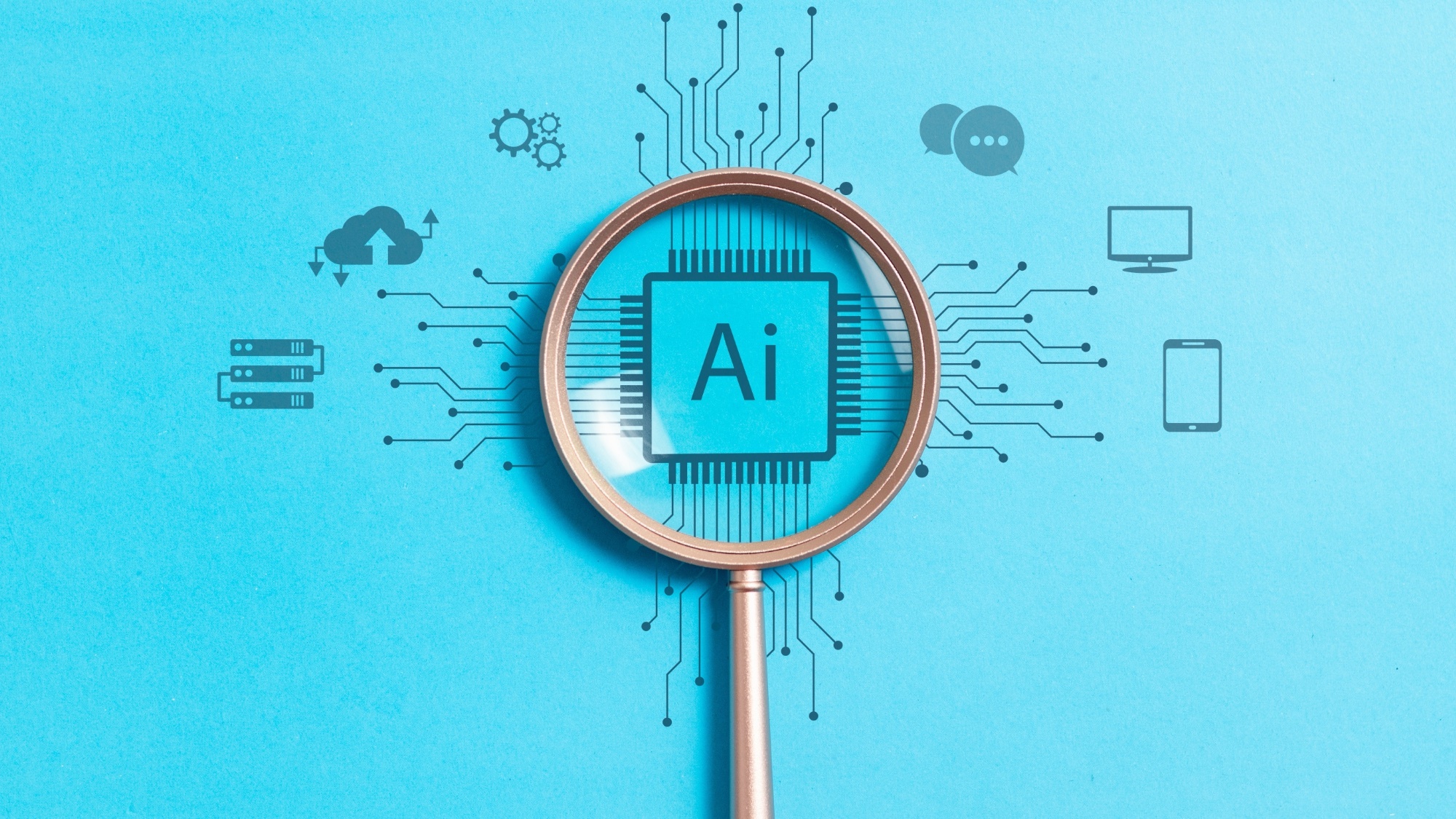
The hype around AI is hitting a fever pitch, but even OpenAI CEO Sam Altman, one of the leading architects of the AI boom, says things may have gone too far.
In a recent dinner with journalists, Altman compared today’s AI enthusiasm to the dot-com bubble of the late ’90s, warning that while the core technology is real, the investor frenzy may be setting the stage for disappointment.
The Verge reported Altman as saying, “Yes, investors are overexcited about AI,” adding, “Smart people get overexcited about a kernel of truth.”
What is an AI bubble?

An AI bubble refers to a surge in investor enthusiasm and startup funding that inflates valuations beyond reasonable expectations, often detached from actual revenue or real-world impact.
It’s not unlike the housing bubble of 2008 or the crypto frenzy of 2021; lots of money, lots of momentum and a growing risk of collapse if reality doesn’t match the hype.
In the context of AI, that means:
- Startups raising hundreds of millions based on vague promises of “transformative” tech.
- Companies tacking on “AI” to boost valuations without clear use cases.
- Talent wars inflating salaries to unsustainable levels.
- Investor fear of missing out (FOMO) driving reckless bets.
Why this matters now

AI tools like ChatGPT, Claude, Gemini, and Midjourney have already reshaped everything from coding and writing to education and marketing. But Altman’s warning suggests that not every AI startup will be a winner, and many may be riding a short-term wave of buzz rather than building lasting value.
And yet, despite the caution, OpenAI is still spending big. Bloomberg reported that Altman confirmed the company plans to spend trillions of dollars on infrastructure, including next-generation data centers and AI chips. Altman underscored that demand already exceeds supply in a conversation with head of TED, Chris Anderson.
Bottom line
Altman’s comments come as a reality check more than a warning shot. While AI will likely define the next decade of tech, not every player will make it. The bubble may pop, but the foundational companies building the infrastructure and intelligence behind AI will remain.
Whether you are a consumer, developer or investor betting on AI, the important thing is to look beyond the hype. The winners won’t be the loudest or flashiest, but the ones solving real problems at scale.
Follow Tom's Guide on Google News to get our up-to-date news, how-tos, and reviews in your feeds. Make sure to click the Follow button.







